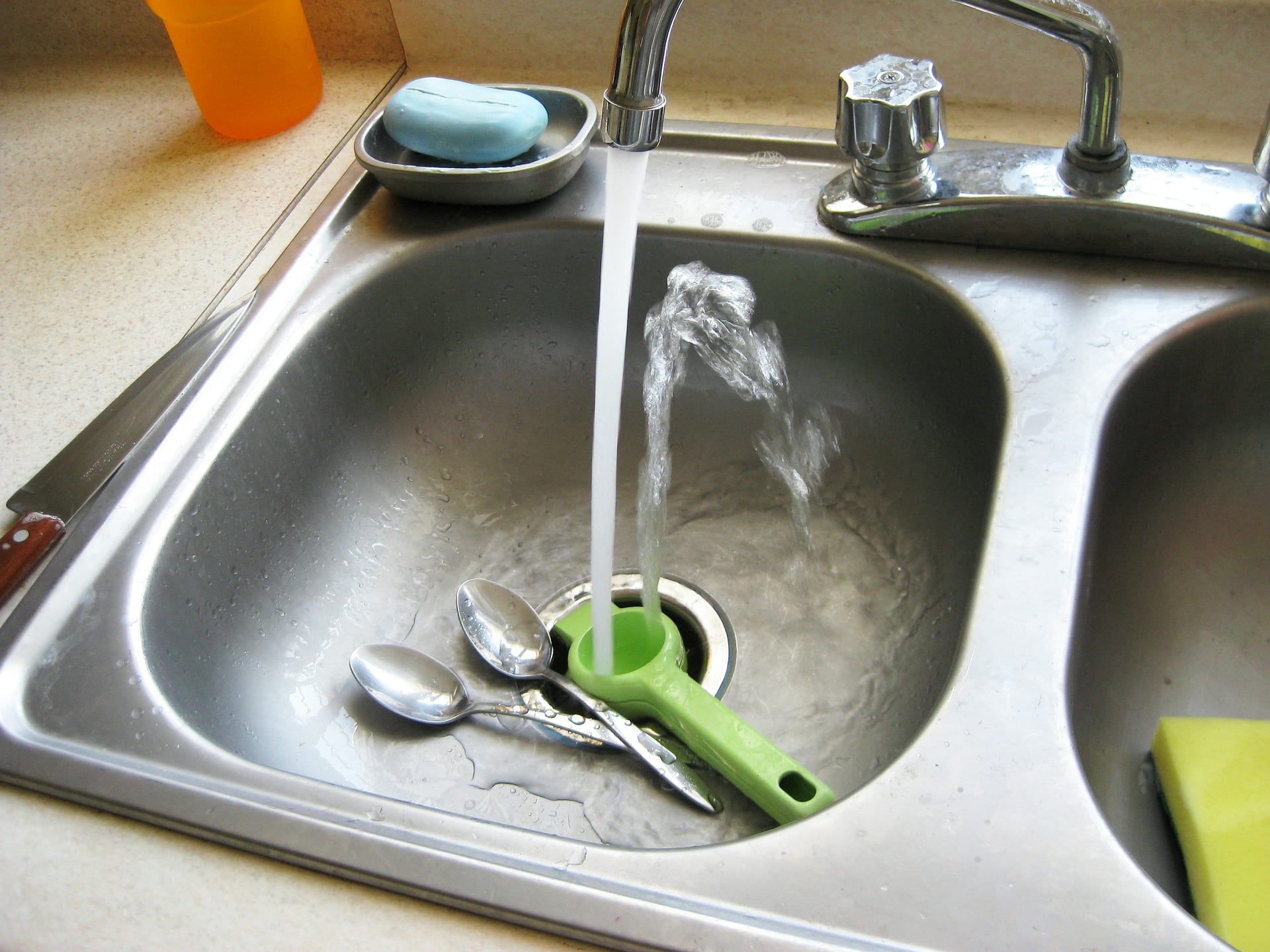If your drains are draining slow it might seem like a mild inconvenience. However, this can be an early warning sign that something is wrong with your drains. Follow our tips to make sure to sort out this problem before it gets worse.
Diagnosing why your drains are draining slowly
Slow drainage is one of the most common drain issues, and while it can be easy to fix, it could also be an early warning sign of a greater issue.
A common cause for slow drainage is an obstruction in the pipes, or deteriorating old pipes which are breaking down and causing a blockage. There could be a bigger problem, such as root ingress in your drains or a blocked drain.
We can assist with any domestic or commercial drainage issues, but you might want to try our below DIY tips and fixes.
When internet advice goes wrong
Before reading this blog you may have received advice on pouring boiling water down the drain along with baking soda and vinegar. If you haven’t seen this advice consider yourself lucky. We advise that you should NOT do this. Boiling water and baking soda can damage your pipes and the sink or bath itself. Not to mention the danger to yourself if you use this in conjunction with drain cleaner. It’s always best to get advice from a professional plumbing expert to find the best solution to unblock drains. Avoid doing this method and follow these steps instead:
Tip 1: Drain stopper
If you have a drain stopper in your sink or bathtub this might be a culprit for your drains are draining slow, if there is hair attached to it. First, remove the outer cap by switching it to the open position and turn it counterclockwise. Now you should be able to clean the hair out of the stopper with soap and warm water and insert it back into the bath or sink.
Tip 2: Drain cleaner
If you don’t have a drain stopper or the drain is still blocked pour some drain cleaner down the pipes. You can try enzyme drain cleaner to minimise the damage to pipes. All you need to do is simply dilute the solution with warm water and pour it down the drain. Wait around 20 minutes and then use the taps on the bath or sink to wash the solution away. You should always be aware of the dangers of using chemical drain cleaners.
Tip 3: Use a plunger
If the previous tips do not work try incorporating a plunger to help clear the drains. Use a standard plunger and warm up the rubber with warm but not boiling water. Then attach the plunger to the sink and thrust five or six times. Incorporate this with the drain cleaner and try again after the drain cleaner has been used. Afterwards, try the tap and see if the sink is draining properly.

Drains still blocked?
If you are still experiencing a blocked drain, it’s important to get advice from a professional plumber. To save future costs and time, it’s best to get a professional opinion to diagnose and resolve the cause of the blocked drain. Contact us today for a free quote and advice from our drainage experts.
